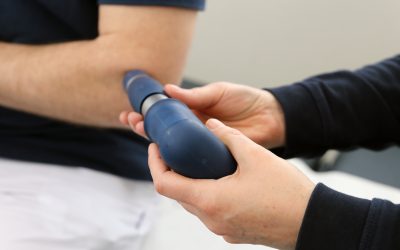Caring for an individual with dementia poses severe challenges for family and caregivers. A person with dementia, Alzheimer’s, or another memory disease has a progressive brain disorder. It becomes harder and harder for them to remember what is going on around them, communicate with others, care for themselves, or think clearly. When individuals receive a dementia care specialist certification, they are trained to understand the process associated with dementia and how to provide appropriate care.
Part of dementia care specialist certification includes understanding the biological aspects of dementia and dementia care. This provides insight into the physiology and anatomy of the brain and how dementia can affect different parts of the brain and produce unique symptoms.
Beyond understanding dementia’s effect on the patient, it is suitable for a specialist to understand how dementia affects the families of those they care for. This way, caregivers can help prepare the family in advance for what is to come and take practical steps to deal with these challenges when they arise.
Families are typically ill-equipped to deal with the risks that dementia poses for their loved ones, including wandering, agitation, paranoia, and changes in behavior. However, trained individuals can teach families the steps they can take to minimize the toll their loved one’s dementia has on them and others.
Training makes it possible for caregivers to develop a person-centered approach in caring for those with dementia. It equips them to be flexible and adapt to the changing needs of their patients throughout the continuum of their journey with dementia.



